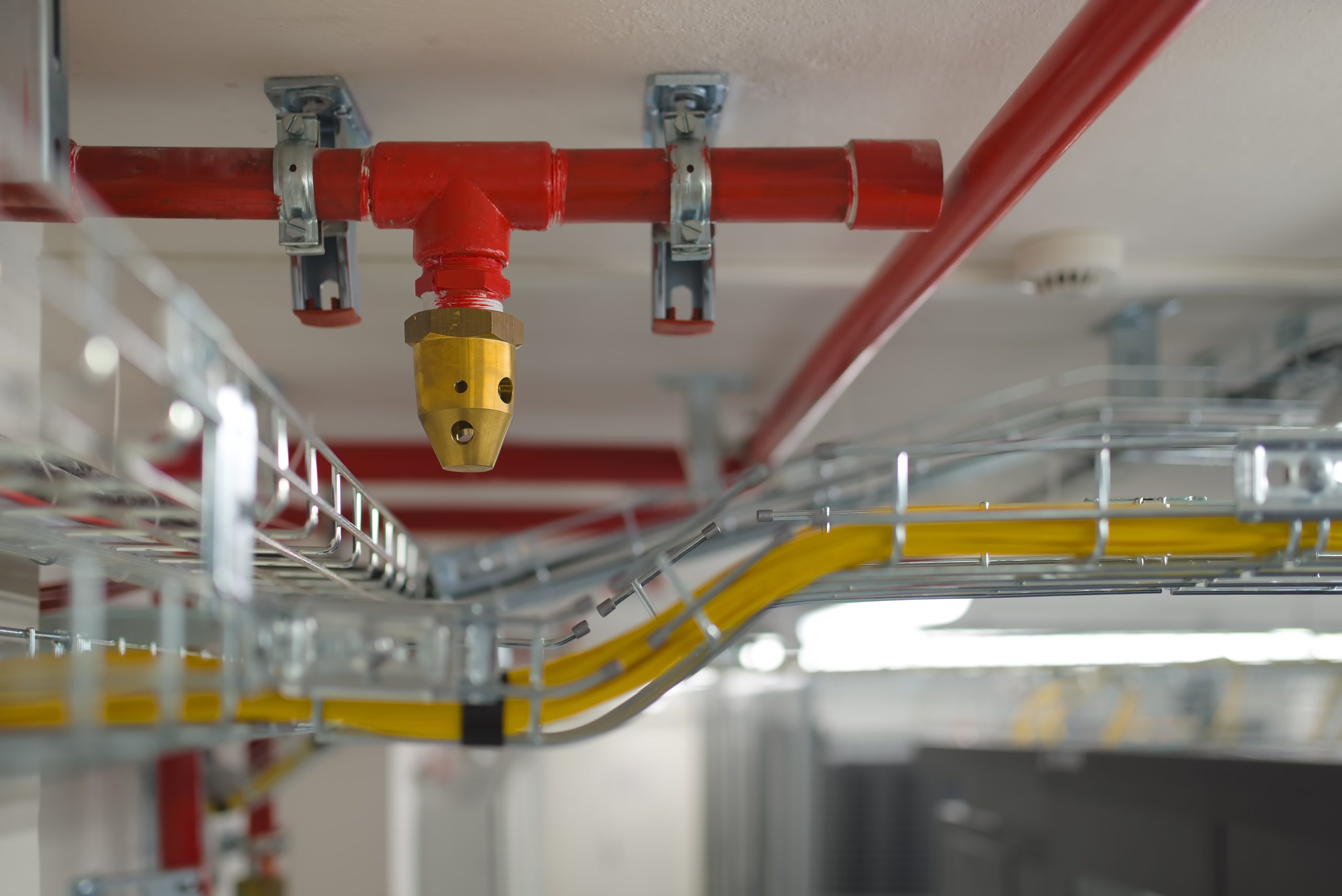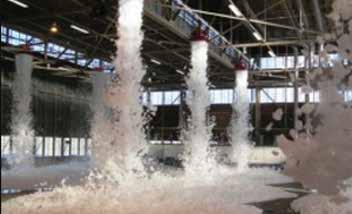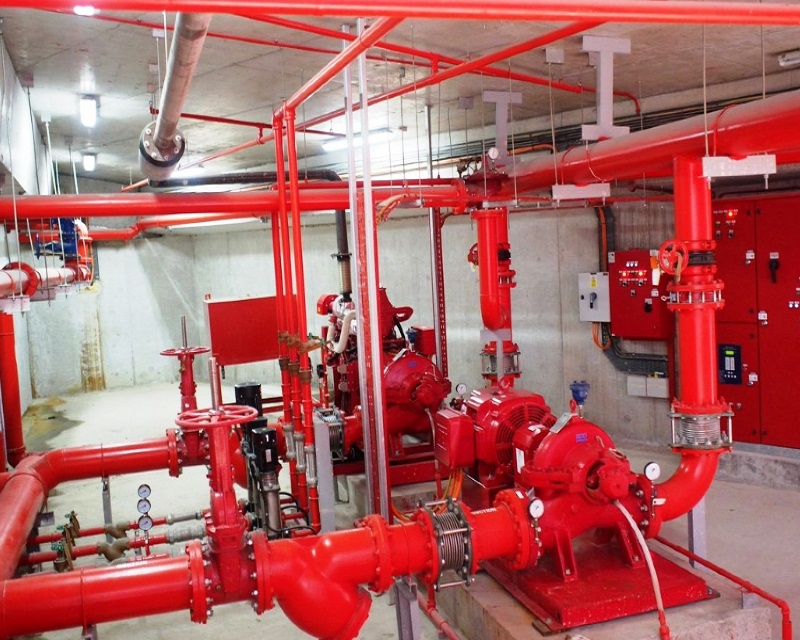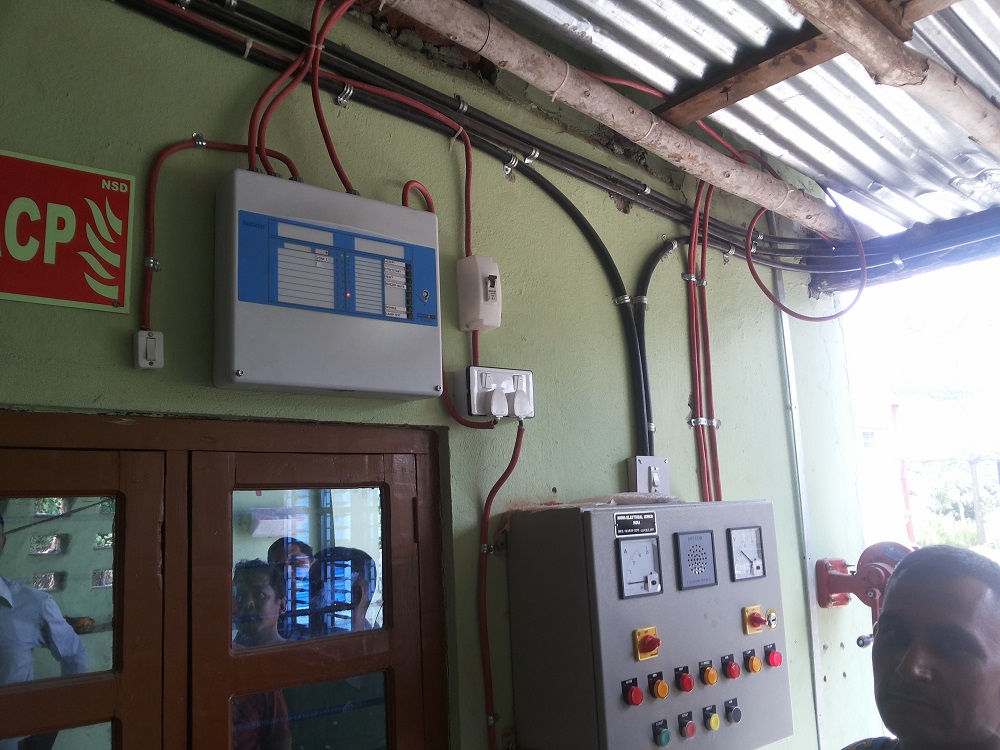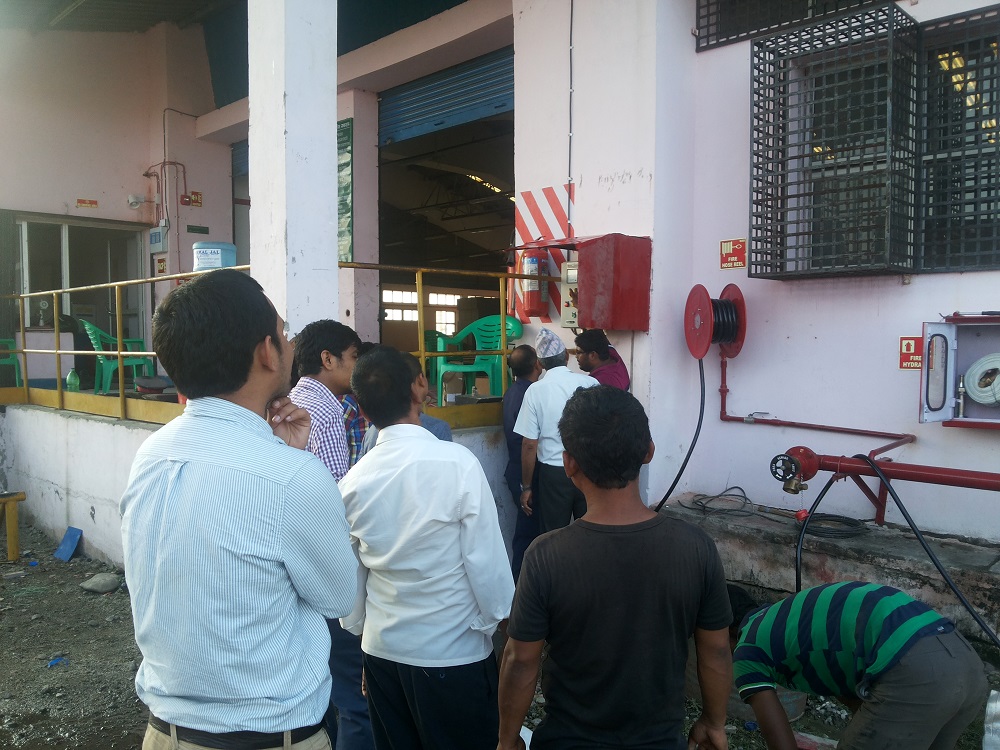- +91-98115 50274
- +91-93121 75186 | 83688 90384
- debasishfireprotectionsystems@yahoo.co.in
- pkghoshdfps@gmail.com
Access Control System
- Home |
- Access Control System
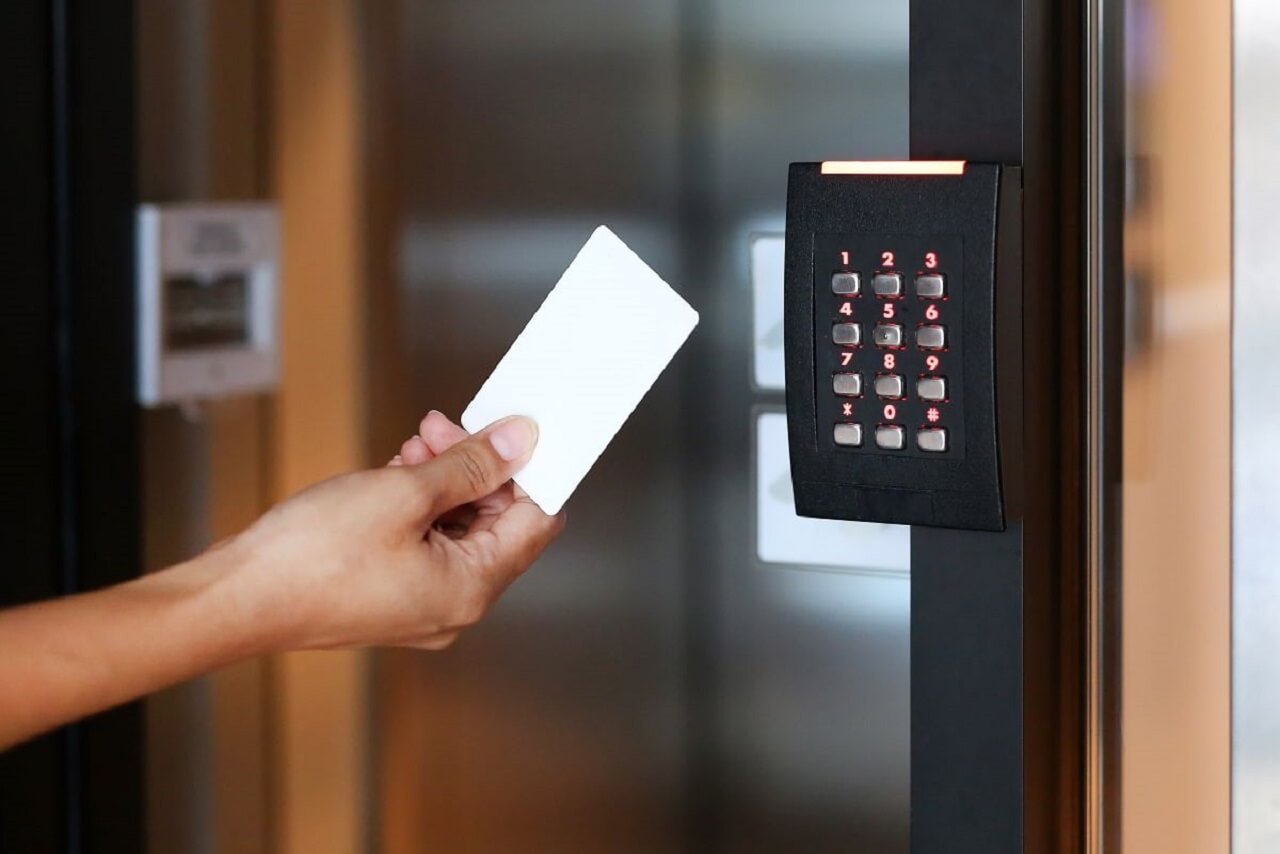
Access Control System
An Overview
Access control systems are security solutions designed to manage and restrict entry to physical or digital spaces. These systems ensure that only authorized individuals can access specific areas or information, enhancing security and safety in various environments, such as offices, schools, and data centers.
Key Features
- Authentication Methods:
- Card-Based Systems: Users gain access using identification cards, which can be magnetic stripe, proximity, or smart cards.
- Biometric Systems: These systems use unique biological traits, such as fingerprints, facial recognition, or iris scans, to verify identity.
- PIN Codes: Users enter a personal identification number to gain access.
- Control Mechanisms:
- Electronic Locks: These locks are controlled by the access control system, allowing or denying entry based on authentication.
- Turnstiles and Barriers: Physical barriers that manage foot traffic and ensure only authorized individuals pass through.
- Monitoring and Reporting:
- Real-Time Monitoring: Systems can track who enters and exits at any given time, providing valuable data for security personnel.
- Audit Trails: Access logs are maintained for security audits and investigations, detailing who accessed what and when.
Applications
- Commercial Buildings: Access control systems are widely used in offices and commercial spaces to protect sensitive areas and assets.
- Educational Institutions: Schools and universities implement these systems to manage access to buildings and ensure student safety.
- Data Centers: High-security environments, such as data centers, use access control to protect critical infrastructure and sensitive information.
Benefits
- Enhanced Security: By restricting access to authorized personnel only, these systems significantly reduce the risk of unauthorized entry and potential threats.
- Flexibility and Scalability: Access control systems can be tailored to meet the specific needs of an organization and easily scaled as the organization grows.
- Improved Accountability: The ability to track and log access events helps organizations maintain accountability and respond quickly to security incidents.
Conclusion
Access control systems are essential for modern security management, providing a robust framework for protecting physical and digital assets. Their versatility and effectiveness make them a vital investment for organizations looking to enhance their security posture. If you have any questions or need more detailed information about access control systems, feel free to ask!


